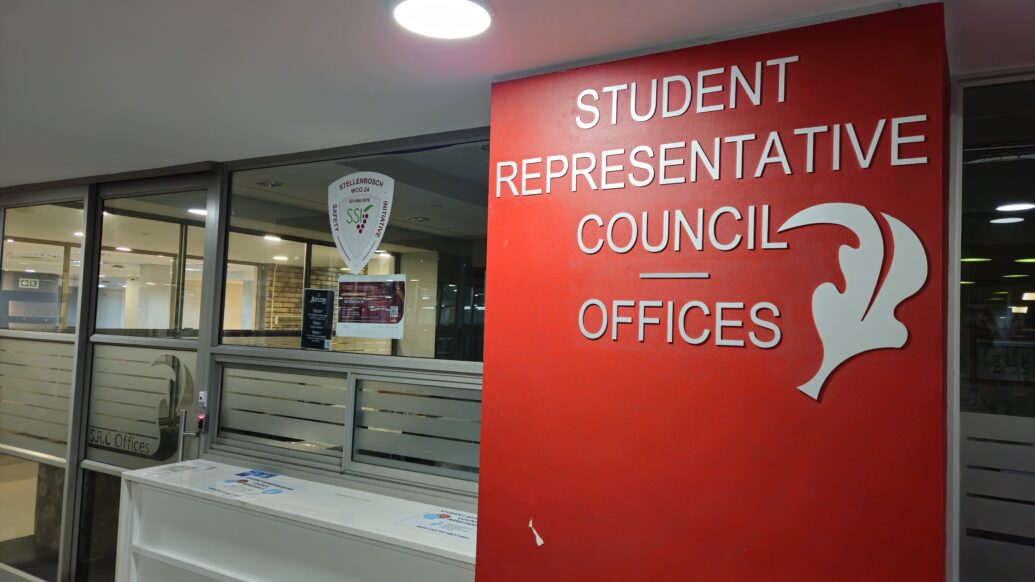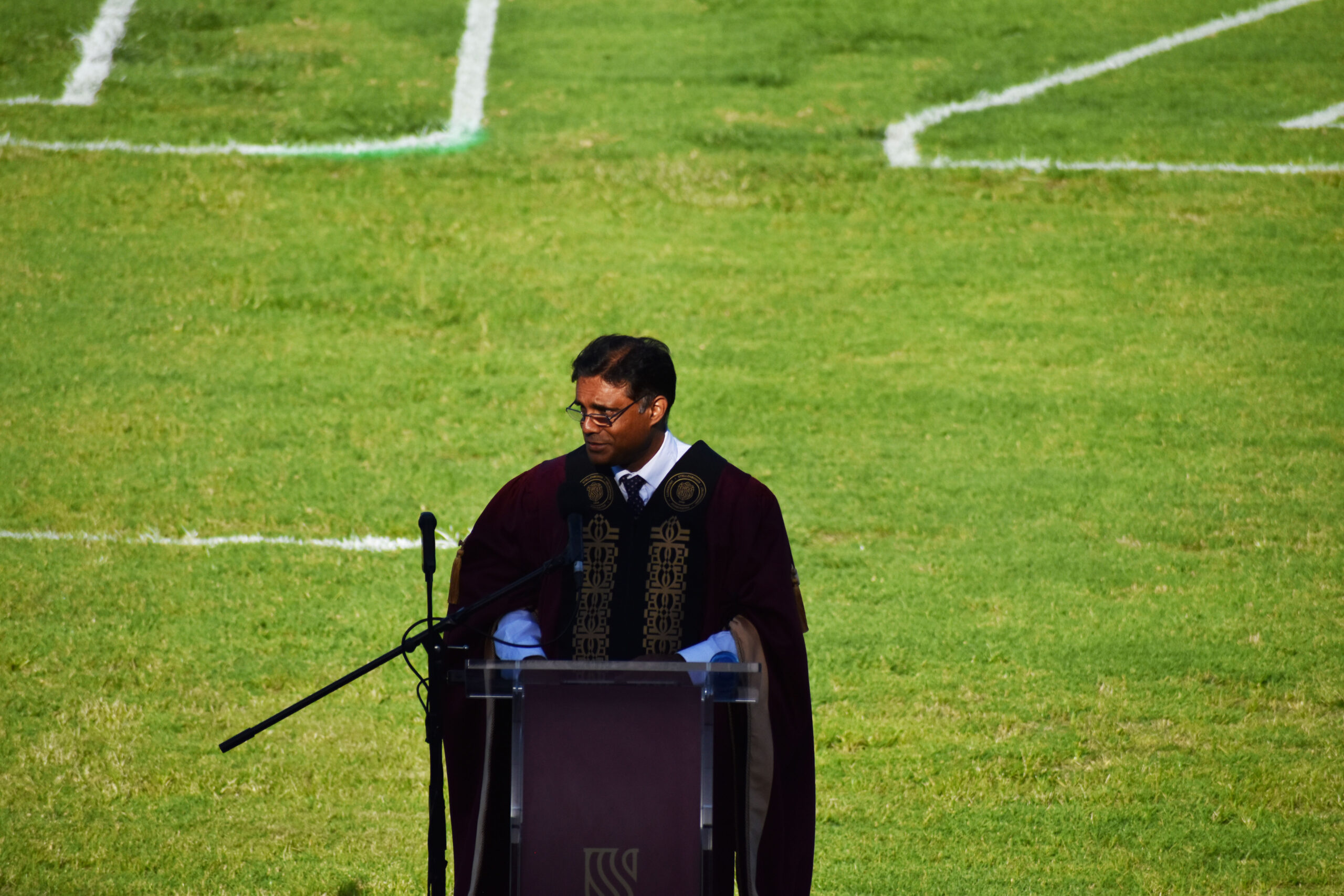The Students’ Representative Council (SRC) at Stellenbosch University (SU) plays a vital role in shaping student life, policy, and advocacy on campus. Operating under the authority of the Student Constitution and the SU Statute, the SRC is the highest decision-making body representing students across the university’s diverse campuses — including Stellenbosch, Tygerberg, and the Military Academy.

According to the official SU SRC page, the council serves as a bridge between students and university management, ensuring that student voices are heard in matters of academic policy, campus life, funding, inclusivity, and transformation. Made up of elected student leaders and ex-officio members from various student structures, the SRC works year-round to uphold its guiding mission: “No Student Left Behind.”
Through this body, students are empowered not only to voice concerns but also to drive meaningful change within the institution. Whether through financial access campaigns, academic support, mental health advocacy, or visibility for underrepresented groups, the SRC functions as a key pillar in the student experience at SU.
The election process is structured in such a way that transparency is always ensured. Each year, students elect a core group of representatives through campus-wide voting. Nominations for candidates ran from 21 July until 1 August 2025. In an email to all students, the SRC encouraged nominations of peers to ensure that a community is created, in which all students and their differing needs are seen.
This email also included a document outlining the various election rules and most importantly, the election timetable. According to this timetable, the following step in the election process – after nominations – is the phase in which each nominated candidate is vetted and appealed. Other steps in the intricate process include campaigning, the voting period, announcement of the votes, and SRC internal elections.
The announcements for the SRC results are set by the Electoral Commission – the validation period, which falls between the announcement and nomination period, is set to be no longer than 3 calendar days. After the results have been announced, election complaints (which run over a period of 5 university days) are handled by the responsible council parties.
The SRC stands as a cornerstone of student democracy and advocacy. More than just a governing body, it represents the collective voice, needs, and aspirations of a diverse student community. From influencing institutional policy to driving transformation, the SRC plays a pivotal role in ensuring that every student is seen, heard, and supported. As the election process continues to unfold each year, it offers all students not only the chance to vote but the opportunity to shape the future of their university. At its core, the SRC is a reminder that real change starts with student leadership — and that no student should ever be left behind.
By Anica Hattingh



